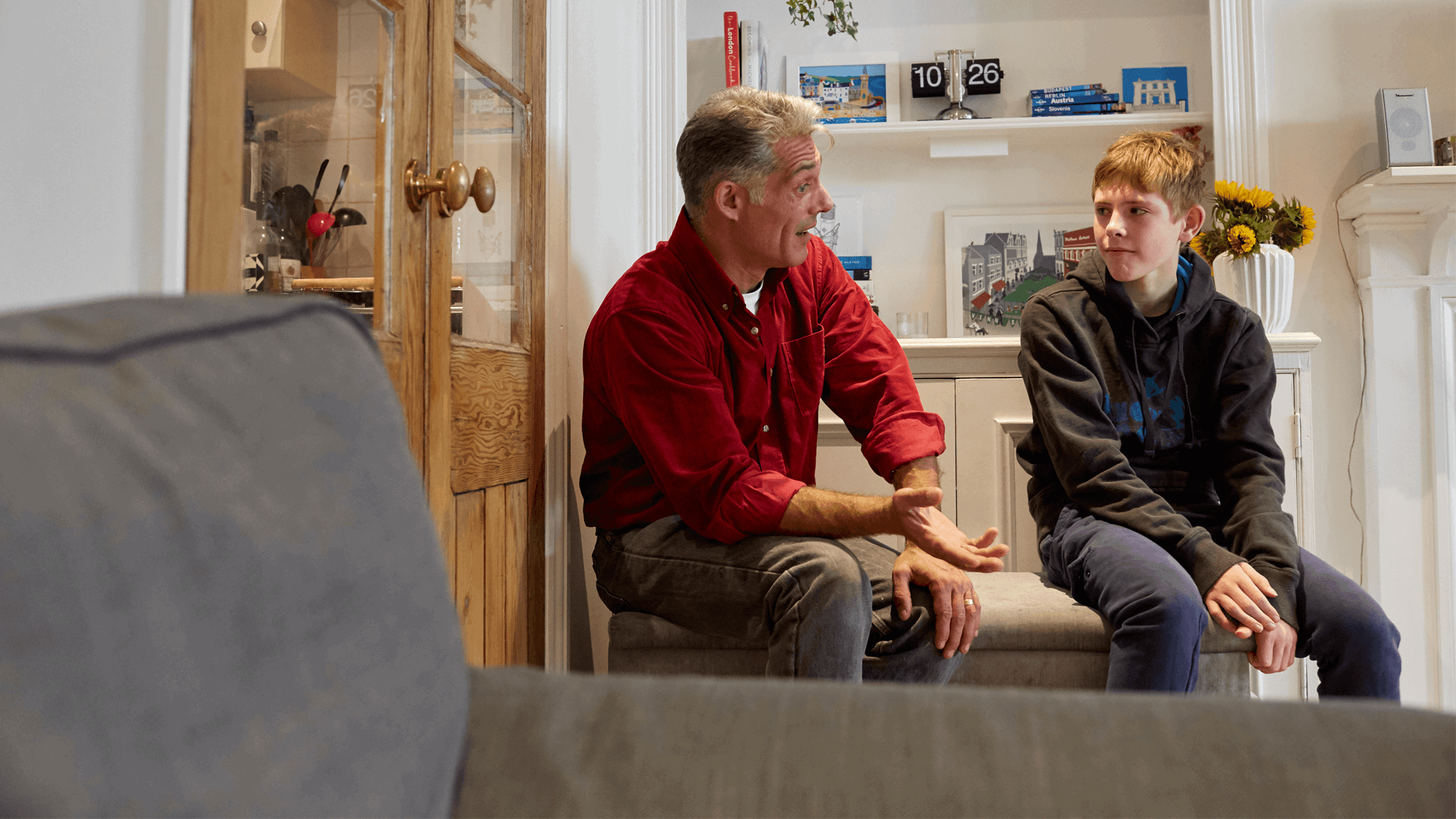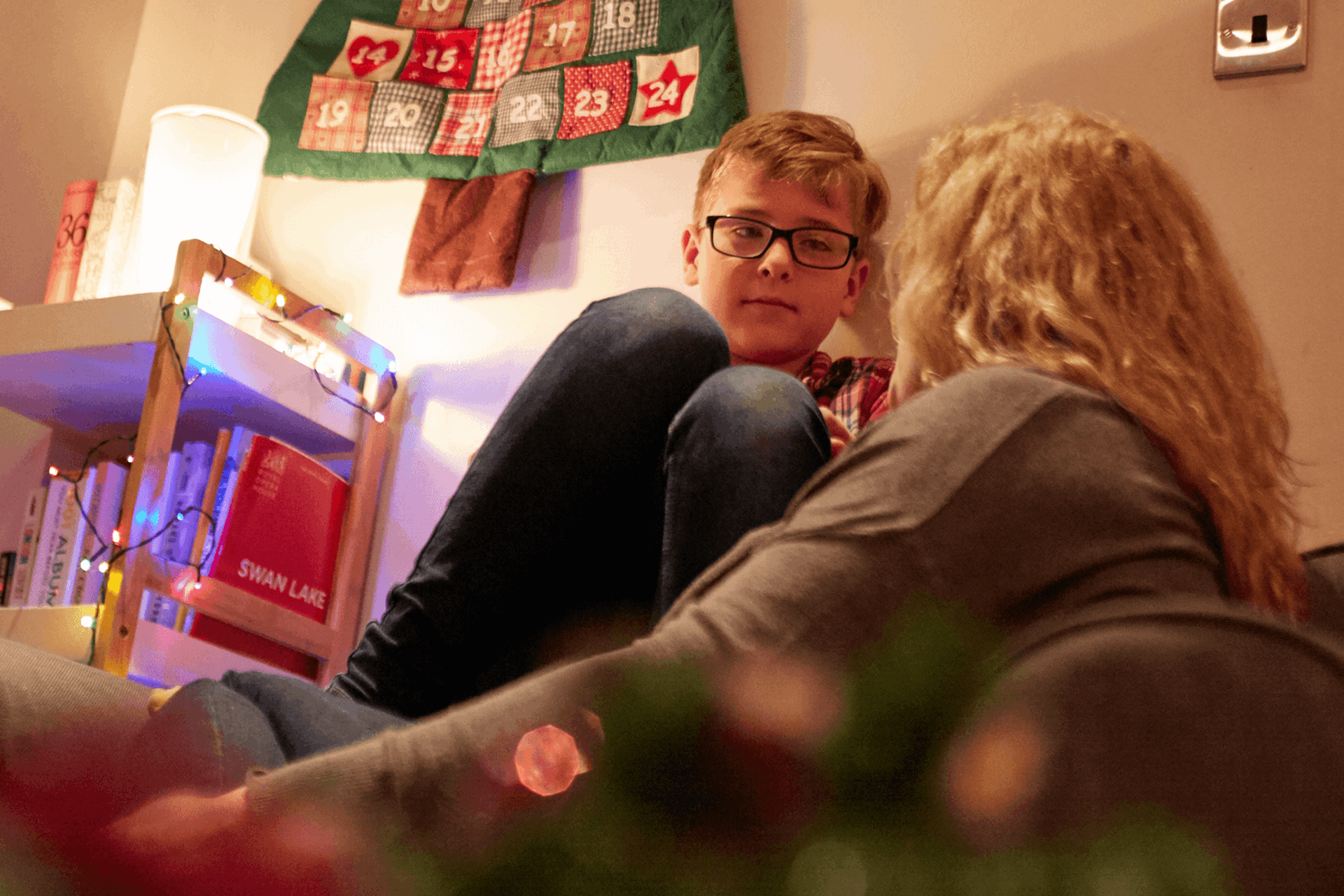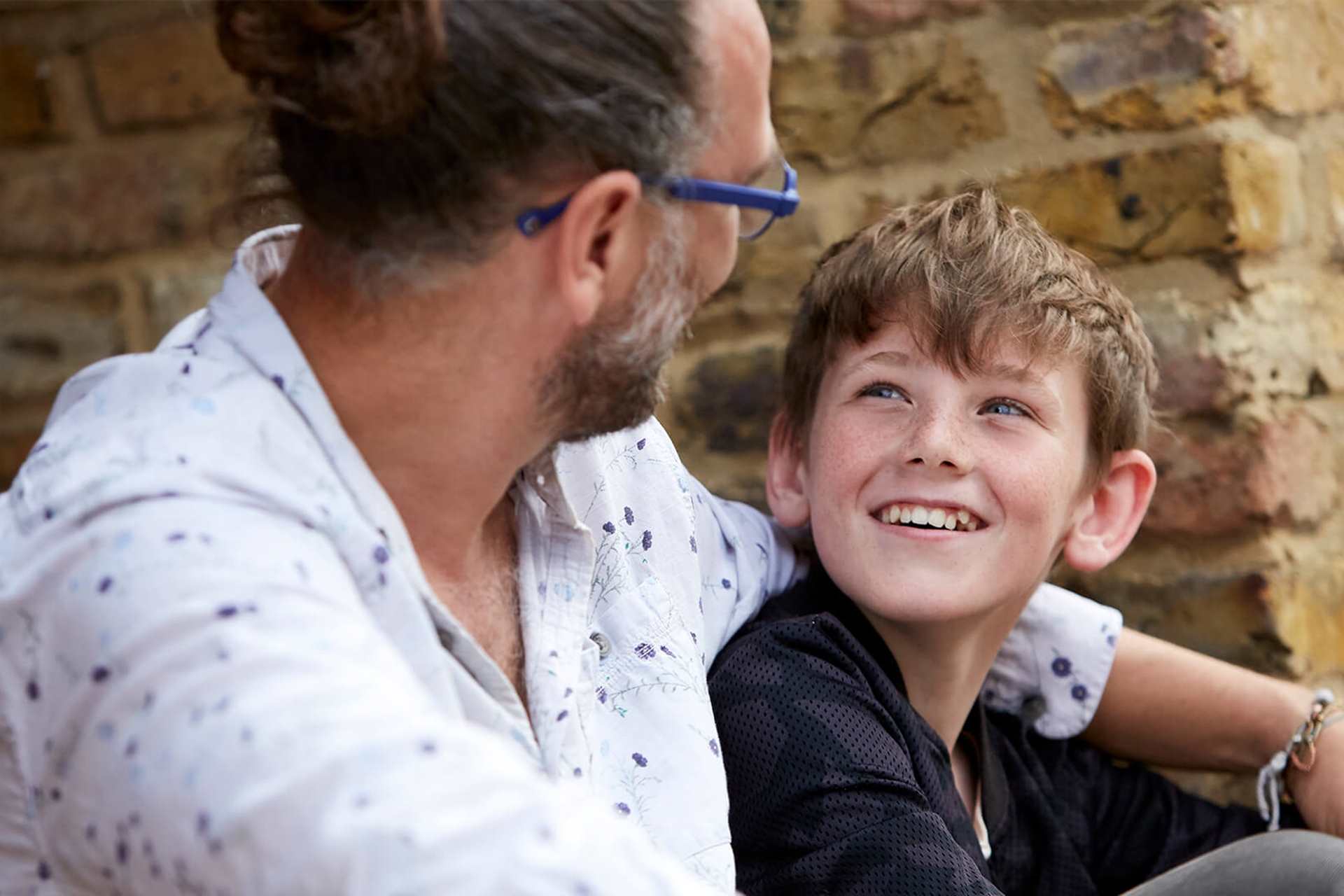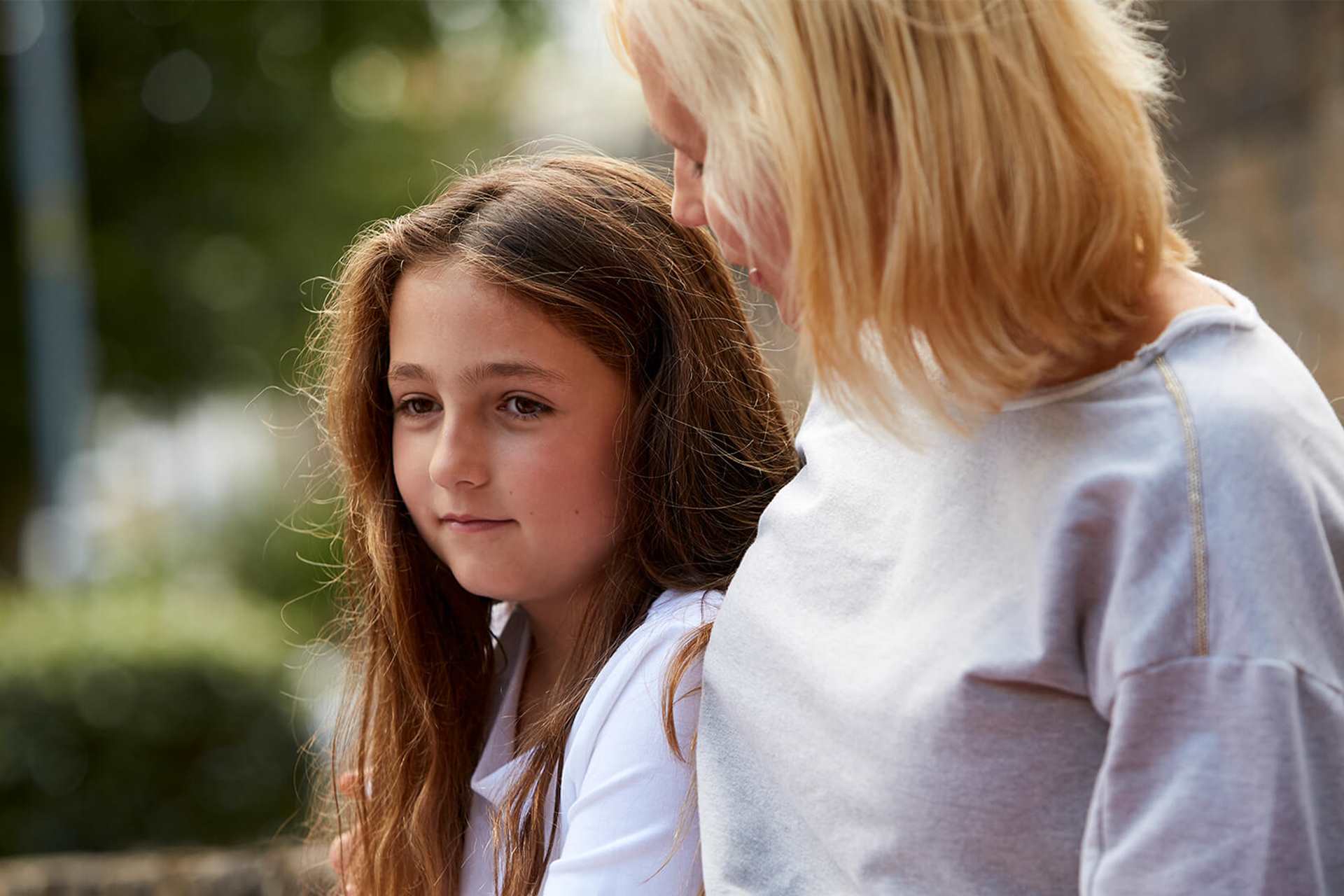Topics mentioned: depression, anxiety
My son Jack was diagnosed with clinical depression aged 12 years and nine months. In a short period of time he had had to come to terms with his grandfather’s death, his mother’s diagnosis with non-Hodgkin’s lymphoma and subsequent intensive chemotherapy, his own specific learning difficulties and a traumatic allergic reaction to penicillin following corrective surgery for a congenital problem. Things just seemed to overwhelm him. The final trigger was anxiety around preparation for exams at the end of the autumn term of year 7.
I had chosen to be the primary carer for Jack and his older sister; Jack’s Mum spent a lot of time working away from home, so the arrangement worked for us. I enjoyed being a stay-at-home dad and was close to both Jack and his sister.
Battling the storm
Jack’s depression manifested itself in overwhelming emotional anxiety attacks, an obsessive concern over the wellbeing of himself and his family, and a debilitating lack of self-confidence. When things became too much for him he would become violently emotional, raging against the world. The pain was desperately real and he just wanted it to stop. It is impossible to describe the agony and anxiety of holding your own child in your arms while he scratches at his face and screams at you to let him end his own life.
Jack described it as having a storm in his head. Once the storm had blown itself out, Jack would be calm and apologetic, more concerned for our wellbeing than for his own. He was seen in A&E on three occasions as we struggled to keep him safe, and missed the majority of year 7 at school.
It is impossible to describe the agony and anxiety of holding your own child in your arms while he scratches at his face and screams at you to let him end his own life.
Support at school
When Jack was diagnosed with clinical depression, his school were initially very supportive, drawing up a skeleton timetable of science, history and English. I would take him to school, persuading him that things would be okay, sit in the car park for 80 minutes hoping that he would cope and then encourage and reassure him on the way home. On a number of occasions, having dropped him at school, I would get home, walk through the front door, pick up the phone, speak to the school secretary and turn around and repeat the process in reverse. We both found this incredibly demoralising.
Eventually the school were unable to cope with Jack and in June 2015 it was made clear that they could no longer offer him the help he needed.
Staying patient
Helping Jack with his depression required a huge amount of patience - his anxieties often seemed irrational and trivial, but for him they were of great significance.
Engaging Jack in categorisation games - animal or Lord of the Rings alphabets, shape/colour-searching in a room, ten likes/dislikes about someone or something (usually his sister) - helped in situations when the storm clouds were gathering. But if the clouds were too close or intense it became increasingly difficult for him to use these strategies.
We would try breathing exercises, mindfulness, or would simply hug each other. And I always had to have on my “game-face”; calm, supportive, reassuring. There were days when I wanted to scream and cry but couldn’t. There were days when I wanted to scream and cry and couldn’t but did - in the shower with music turned up loud so no one would know; in the car park of the hospice where my Dad died, listening to Test Match Special with his memory.
Engaging Jack in categorisation games - animal or Lord of the Rings alphabets, shape/colour-searching in a room, ten likes/dislikes about someone or something (usually his sister) - helped in situations when the storm clouds were gathering.
Moving forward
Eventually, as Jack was able to cope better with his anxieties and the darkest depression passed, he was able to re-engage with his friends and interests. Warhammer has become a passion and the involvement in a community of like-minded and incredibly supportive people of all ages has been a fantastic thing to witness. Jack has become recognised as something of a prodigy when it comes to painting 1/48 scale miniatures.
Jack started at a new school in September 2015 and has had only a single day off as a direct consequence of his mental health problems; only 12 months ago this would have appeared miraculous.
Emotionally Jack and I are still incredibly close. He still requires constant affirmation and reassurance but is becoming more resilient with time. His self-confidence is still low but academic success at school and positive encouragement at Games Workshop are helping.
Emotionally Jack and I are still incredibly close. He still requires constant affirmation and reassurance but is becoming more resilient with time.
A father's emotions
I am left with a mess of emotions. Guilt, sadness and a sense of loss for Jack’s childhood. Anger, that this should have happened at all and that the resources and support that young people like Jack require are so difficult, if not impossible, to access. Surprise, that this could happen to us and at the devastating reality of mental health problems. A deep-seated and overwhelming desire to protect and nurture Jack and his sister. And incredible love.
More information and advice
Where to get help
If you need further advice on supporting your child with their mental health, take a look at the services below that can help. For information about CAMHS and how to access support, read our parents' guide to CAMHS.
-
Anxiety UK
Provides information, support and advice for anyone struggling with anxiety. Please note that this organisation offers paid-for services, including therapy and an advice line.
- Opening times:
- 10.30am-4.30pm, Monday-Friday
-
Youth Access
Provides information about local counselling and advice services for young people aged 11-25.
Put in your location and what you need help with into their 'Find help' search, and see what services are available in your area.
-
Cruse Bereavement Care
Support for anyone who is grieving. You can get help through their Helpline or access 1:1 sessions with a bereavement supporter.
- Opening times:
- 9.30am - 3pm, Monday to Friday
Spread the word






